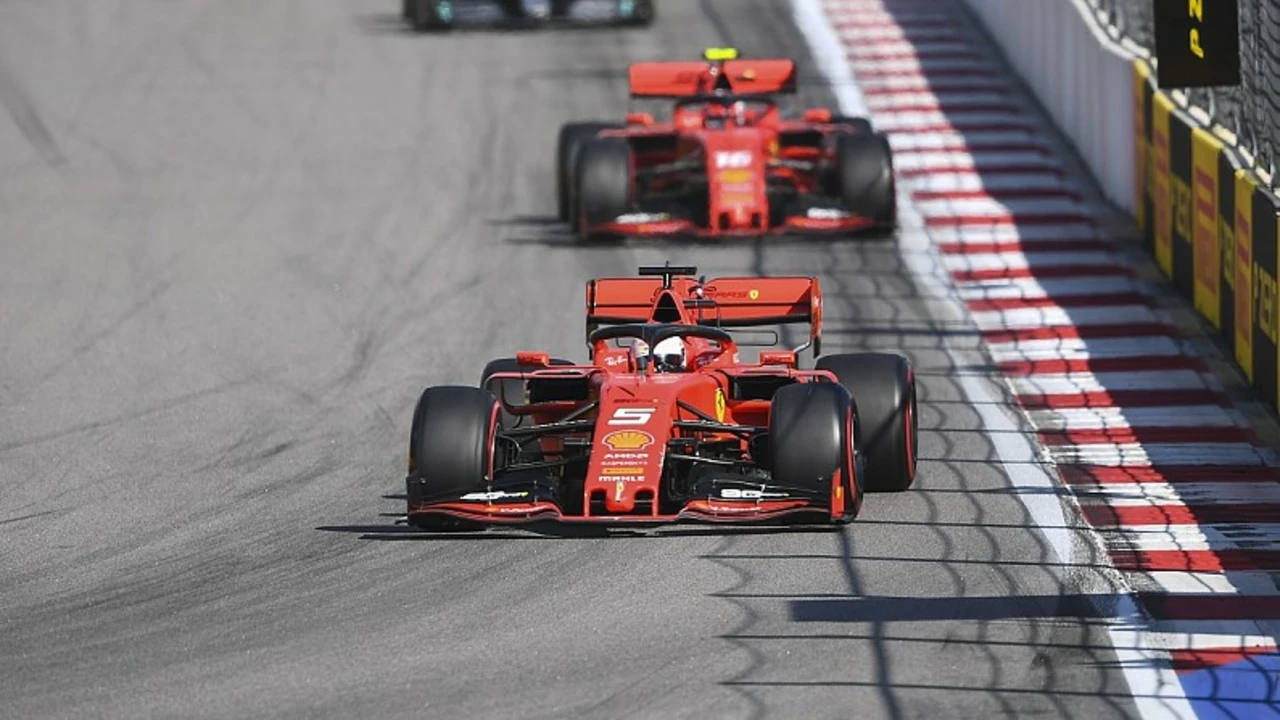Racing Legitimacy: Keeping Motorsports Honest
When we talk about racing legitimacy, we’re really talking about the rules, the paperwork, and the spirit that makes a race fair. Without that, any win feels cheap and fans lose trust. Let’s break down why it matters and how you can help keep the sport clean.
Why Rules Matter More Than You Think
Rules aren’t just a list of dos and don’ts; they protect drivers, teams, and spectators. A clear rulebook stops cheap tricks, like illegal modifications or unsafe shortcuts, from stealing a victory. When a car passes a technical inspection, you know it’s on an even playing field.
Think of it like a game of chess. If one player could move a piece any way they wanted, the game would be chaos. In racing, the technical regulations are the chessboard guidelines that keep every move predictable and fair.
How to Stay Compliant – Simple Steps for Drivers and Teams
First, get familiar with the official rulebook for your series. Most organizations post a PDF online, and the key sections are usually about engine limits, weight specifications, and safety equipment. Highlight the parts that apply to your car.
Second, schedule regular inspections with a licensed scrutineer. A quick check before a race can save you costly penalties later. Keep a log of any changes you make to the car – even a tiny bolt swap can trigger a breach.Third, invest in proper training. Many racing schools include a module on compliance that covers how to read technical bulletins and interpret updates. Knowing the language of the rulebook helps you avoid accidental infractions.
Lastly, document everything. Photographs, receipts, and signed forms create a paper trail that proves you followed the rules. If a protest comes up, you’ll have the evidence ready.
Fans also play a role. When they spot something off – a suspicious paint job or an unusual exhaust note – they can alert officials. Crowd‑sourced vigilance adds another layer of honesty.
Legitimacy isn’t just about avoiding penalties; it builds a reputation. Sponsors love teams that play by the book because it signals reliability. A clean record can open doors to better partnerships and more funding.
On the flip side, scandals hurt everyone. Remember the fuel‑irregularities scandal a few years back? Teams lost points, sponsors pulled out, and fans felt betrayed. That ripple effect shows how one breach can damage the whole ecosystem.
In short, racing legitimacy is a shared responsibility. Drivers, teams, officials, and fans all have a part to play. By staying informed, getting regular checks, and keeping thorough records, you help preserve the excitement and fairness that make motorsport thrilling.
So next time you step into the garage or tune a car, ask yourself: am I doing this the right way? A little extra effort now means a cleaner, faster, and more respected race later.
